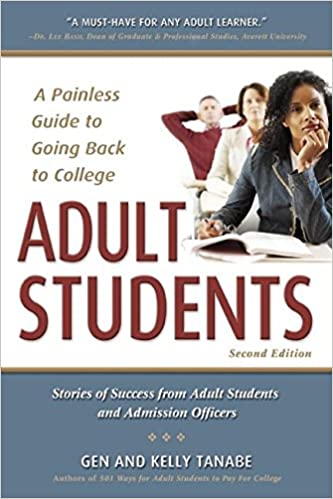Imagine sitting in the comfort of your living room in pajamas and slippers while participating in a classroom discussion of English literature. Seem impossible? Through distance learning, you can do exactly this. Distance learning provides courses over the Internet, allowing you to learn without leaving your home or stepping on a college campus. It can provide the flexibility that you need to do schoolwork around your existing schedule.
However, while distance learning sounds attractive, it is not for everyone. Some students just don't learn as well when not in the presence of a professor and roomful of students. In fact, some students find that it is the classroom setting with the interactions, debate and discussions continued after class in hallways and student centers that is the real benefit of going to college. Plus, there's less guilt from skipping a distance learning class than in-person classes. This means that you must be extremely self-motivated to attend the online sessions and complete your assignments.
Yet, despite these drawbacks, distance learning is still a viable option for many adult students. Here, we outline how distance learning programs work, how to figure out if they are right for you, how to select the best ones and how to succeed in a program.
1
Understand how distance learning works.
As its name suggests, distance learning basically means that you will receive instruction from a distance, typically via the Internet. There are some distance learning programs that incorporate cd-roms that you use with your computer or lectures via remote television broadcasts. Through distance learning, you may take individual courses to learn specific skills or even complete an entire degree.
Typically, instead of going to a physical classroom, your meeting place is the Internet. Work is similar to that of regular courses. You will still have reading assignments, homework, quizzes and exams. What's different is you do not need to meet in a classroom at a specific time for discussions, and you can work independently. Professors give assignments online or via email, and students are often expected to participate in discussions through online message boards. You email assignments into your professor, and he or she grades them and provides feedback through email as well. Since you usually don't have to participate in the discussions at the same time as the other students, you can fit the course to your schedule—such as after 10 p.m. when your kids go to sleep. There are, however, still deadlines for when papers and assignments are due.
2
Know how to tell if you are a distance learner.
To determine if distance learning is right for you, see how many times you answer "yes" to the following questions. The more often you do, the more likely it is that distance learning may work for you.
- Are you disciplined enough to complete your coursework including homework on your own schedule while still meeting the course's deadlines?
- Do you like to work independently with minimal in person interaction with others?
- Are you proficient at using a computer to visit websites, send email and participate in online discussion groups?
- Can you learn the material you want to study primarily through written instructions without much interaction from the professor?
- Will you be willing to dedicate as much time to your distance learning program as you would to a traditional classroom program?
- Does your schedule allow you to focus on your coursework every day?
- Will you be motivated enough to complete the program even if you never speak to another student or professor aside from email and message boards?
If you answered "yes" to most of the questions above, then you should consider the benefits of distance learning. One of the greatest benefits is the flexibility that it offers. Because you do not have to go to classes at a certain time, you can study when it's more convenient for you and you may not need to quit your job to fit your studies into your schedule. You will also save time by not having to commute to campus. This is especially helpful if you live in a remote area or if it is difficult for you to travel. In addition, you can take courses from institutions across the country. You are not limited to the courses offered by your local college or university.
3
Select the right distance learning program by understanding accreditation.
Unlike choosing a traditional college or university program, you don't necessarily have to choose a distance learning program within driving distance. In fact, you can choose one out of town or out of state. However, there is more to choosing a program than simply pointing and clicking on the first one that you find.
First, make sure that the program is fully accredited, especially if you plan to pursue a degree. Employers as well as other colleges and universities place a high value on programs that are fully accredited.



